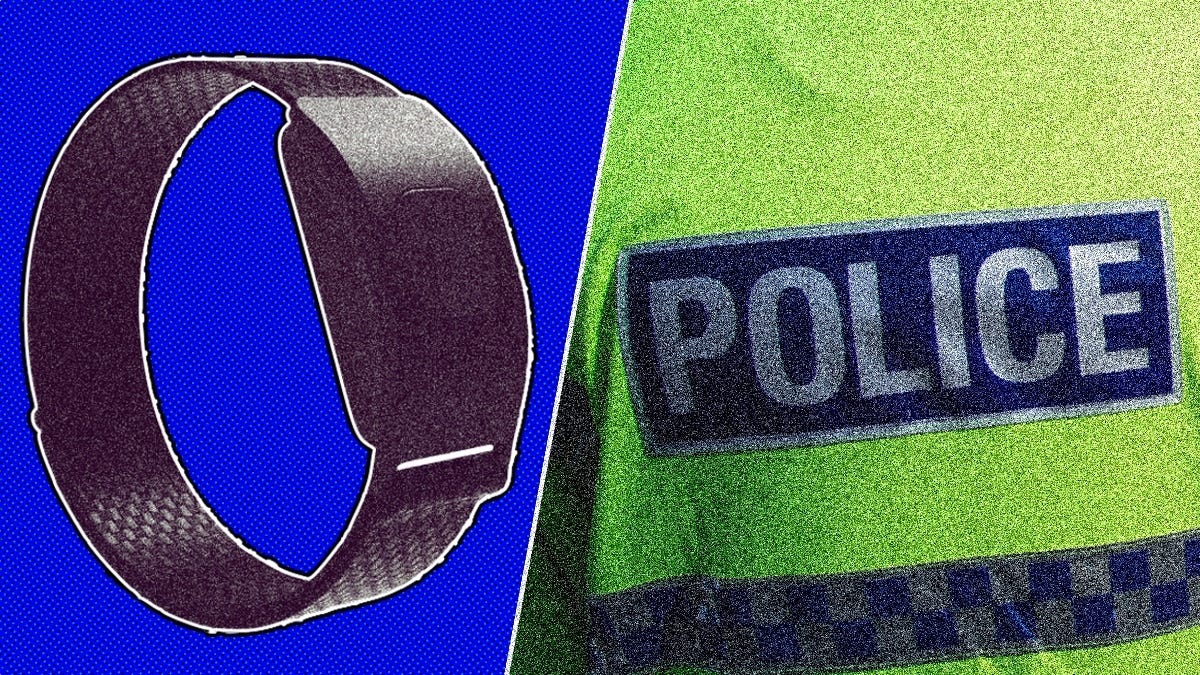How the UK Police Is Using Wearables to Transform Mental Health and Wellbeing
This wearable tech study is boosting sleep for police officers on the front line
The UK police force is using wearables to support officer wellbeing, in a groundbreaking program and supporting study.
Figures released by the Police Federation show a record 13,294 UK officers were signed off from April 2022-23 due to stress, depression, anxiety, or post-traumatic stress disorder (PTSD) – up 80% from a decade ago.
The trial is part of the Oscar Kilo program, which being driven by the National Police Wellbeing Service. It’s working with the Liverpool Centre for Advanced Policing Studies at Liverpool John Moores Univerity.
The program supports officers by equipping them with a wearable device to track sleep and stress, augmented with support and coaching. And while still early days, it’s seeing success in promoting better sleep, exercise, and lifestyle changes.
And the Oscar Kilo program also highlights what we can learn about behavior change across the population, as we look to consumer wearables to drive longevity and lasting change.
PULSE by Wareable spoke to Andy Rhodes OBE, Director of the National Police Wellbeing Service, and Carol Cox, Head of Liverpool Centre for Advanced Policing Studies to find out more.
In this PULSE issue:
How wearables are transforming the health of firearms officers, those at the front line of child abuse investigations, and those on grueling shifts at the frontline of UK policing
The health issues being tackled by the National Police Wellbeing Service using wearables
The devices used by the program – and the key features of consumer wearables of interest to the program
Why support and education is a crucial part of the mix – and how the program has been designed with officer adherence in mind
The challenges around data within the police – and learning from datasets
The latest study being launched by Liverpool John Moores University into wearables and wellbeing within the police
How the program has gained the trust and support of officers – who are wary of interventions from HR, occupational health, and police bosses
Exhaustion as a mental health issue
“A lot of police officers and police staff will come into work, and they they are stressed, anxious or depressed,” said Andy Rhodes OBE QPM, Director of the National Police Wellbeing Service.
Confronted with a growing problem, the National Police Wellbeing Service started looking more closely.
“We did deep-dive studies and surveys, which constantly highlighted poor sleep, fatigue, exhaustion, and burnout,” he continued.





